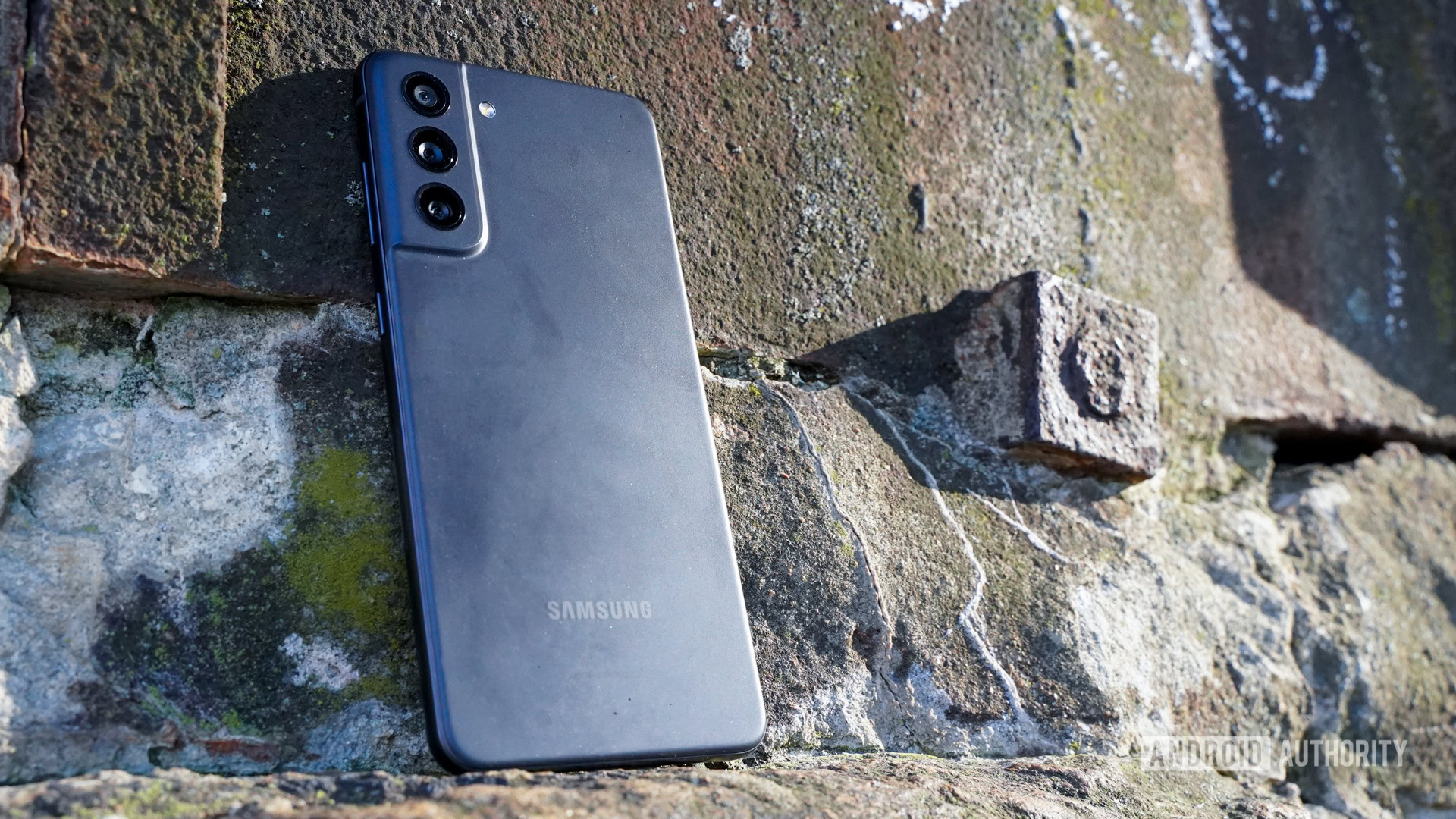Affiliate links on Android Authority may earn us a commission. Learn more.
The Samsung Galaxy S22 FE, S23 series could have MediaTek power
April 6, 2022

- Samsung is reportedly considering the use of MediaTek silicon in some flagship phones.
- It’s believed MediaTek power could come to some Galaxy S22 FE and Galaxy S23 models.
Samsung usually sticks to Qualcomm and in-house Exynos silicon for its flagship phones, but it’s also increasingly been using MediaTek chipsets in its budget devices. Now, it sounds like the company could be using a MediaTek chipset in its next flagship release.
BusinessKorea reports that Samsung is considering using an unnamed MediaTek chipset in the Galaxy S22 FE and in some Galaxy S23 units. More specifically, the outlet claims that MediaTek silicon would power roughly half of all Galaxy S22 FE units as well as Galaxy S23 devices in Asia.
It’s unclear whether the potential use of MediaTek silicon in Samsung flagships will come at the expense of Exynos variants or if we’ll simply see three flagship variants as a result. However, the outlet claims that Exynos silicon would lose more ground in the chipset market as a result, suggesting that a MediaTek variant could replace Exynos power in some regions.
Would you buy a MediaTek-powered Samsung flagship?
It wouldn’t be the first time Samsung used more than two SoC suppliers in its flagships, previously doing so for 2011’s Galaxy S2 that used Exynos, Qualcomm, and Texas Instruments chipsets.
There’s no word on the MediaTek chipset that could potentially be used in the Galaxy S22 FE, although earlier rumors pointed to Samsung adopting the Dimensity 9000 in some capacity. That’s the company’s latest flagship SoC right now, and it’s also the firm’s most ambitious yet. Initial reviews point to it being a true rival to Qualcomm’s Snapdragon flagship silicon, albeit without mmWave support.